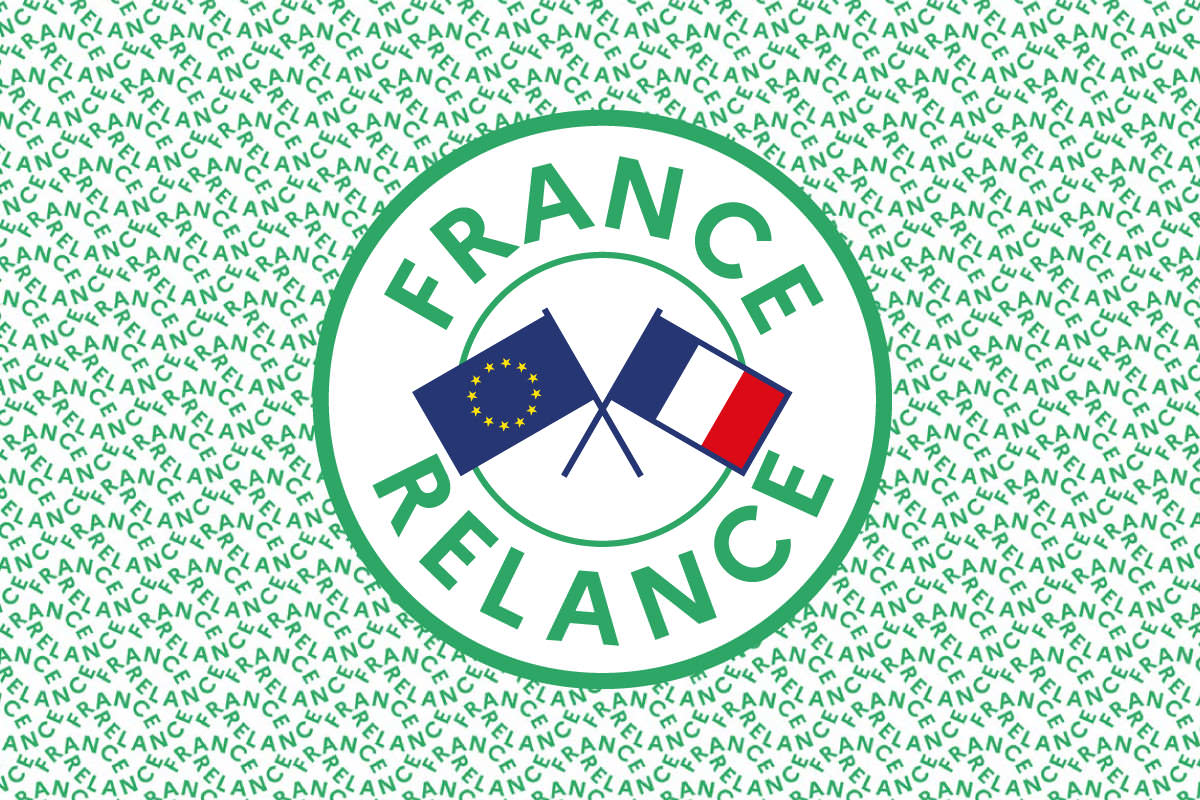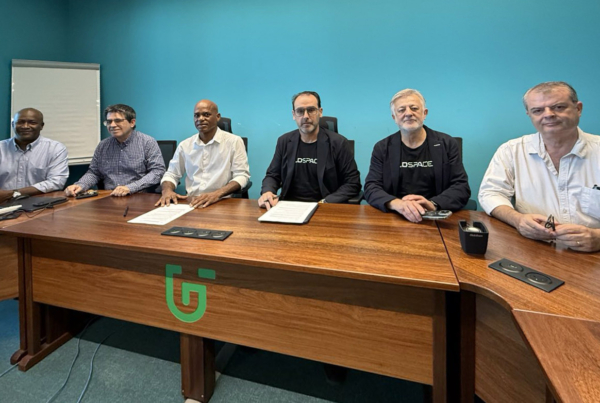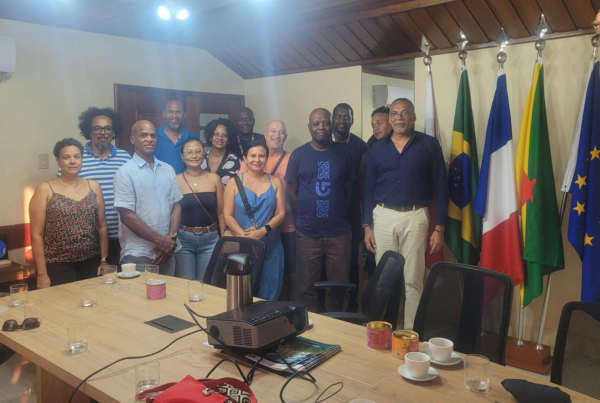
As part of the France Relance plan, the University of French Guiana is receiving financial support to develop two areas necessary to improve the living and working conditions of its staff and students.
A reinforced hybridisation project (HybR-UG)
À In the summer of 2020, the MESRI supported the University of Guyana (UG) in its internal HybR-UG project, with funding of €1m, designed to strengthen the hybridisation of its teaching begun since its creation in 2015. This project focuses on the digital transformation of courses, with the aim of improving student success.
It is based on the following three axes, which aim to put in place the support and material resources essential for the successful development of enhanced hybridisation:
- Axis 1: Establish conditions conducive to greater hybridisation of training courses;
- Area 2: Supporting students in new uses, monitoring their activities and the acquisition of distance learning knowledge: mentoring system and Learning Analytics tool;
- Axis 3: Reduce the digital divide with a loan solution for the most disadvantaged students.
In each area, a series of specific actions have been clearly identified to meet the school's objectives.
Axis 1:
- Combining general bachelor's degree courses, with priority given to the 1er semesters of L1 and L2, with particular attention paid to courses with large numbers of students;
- Develop or acquire remedial or refresher courses in the basic general areas (French, mathematics, general culture and languages);
- Supporting teachers and support staff through change;
- Equipping teachers to deliver synchronous and asynchronous courses using distance learning.
Axis 2:
- Supporting students in the use of new technologies through a strengthened mentoring system;
- Monitor students' distance learning activities and knowledge acquisition (Learning Analytics);
- Improving the ergonomics of the teaching platform to simplify navigation and enhance the user experience.
Area 3:
- Lending computer equipment and Internet connections to the most disadvantaged students, with priority given to first-time L1 students and then L2 students.
A vast energy renovation programme
The recovery plan announced by the Ministry of the Economy, Finance and Recovery last September launched a wide-ranging national call for projects to renovate the energy efficiency of government buildings.
On 14 December 2020, of the 99 applications submitted, 60 projects were selected for a total of €36m. The University of Guyana was awarded 2 424 774 € for its project.
Based on detailed energy audits, a responsive, qualified and experienced project management team and a competent in-house team, the work planned by the University of Guyana will optimise the thermal comfort of the premises, reduce electricity consumption and consequently the environmental impact in terms of greenhouse gas emissions.
Guiana is still heavily dependent on imported fossil fuels. The University of French Guiana's project fits perfectly into the local context of ecological transition and will promote local employment.
The work planned is as follows:
- Thermal renovation of buildings: Thermal insulation of roofs and waterproofing of roofs. Renovation of the solar protection on the facade and the bay windows.
- Installing a heat exchanger on the cooling unit in building D, enabling heat to be recovered to supply the Air Handling Units (AHUs) with hot water.
- Replacement of a chiller and fan coil units in buildings A and B.
- Replacing air fans with higher-performance models and a return to autonomous driving.
- GTB settings (Building Management System), which will make it possible to better correlate air-conditioning requirements with actual occupancy times.
- Improved control of air handling units : installation of CO2 and presence detection for greater control over the supply of fresh air.
- Lighting management : Installation of infrared detectors in corridors and stairwells and replacement of existing lights with LEDs
- 100 kW peak photovoltaic power plant for self-consumption: The photovoltaic plant on the roof or in the shade of the car parks will produce solar-generated electricity on the site, which will be consumed directly by the campus buildings.
The University is committed to completing this work within the next two years. In addition to the significant reduction in energy consumption, the quality of life of the occupants, students and staff will also be improved.
In order to achieve these ambitious targets, it will also be up to everyone to adopt virtuous and exemplary behaviour in their living and working environment.
If you would like more detailed information, please contact the University's shared energy advisor: florent.perugini@univ-guyane.fr or the Heritage and Internal Services Department: dpsi@univ-guyane.fr




